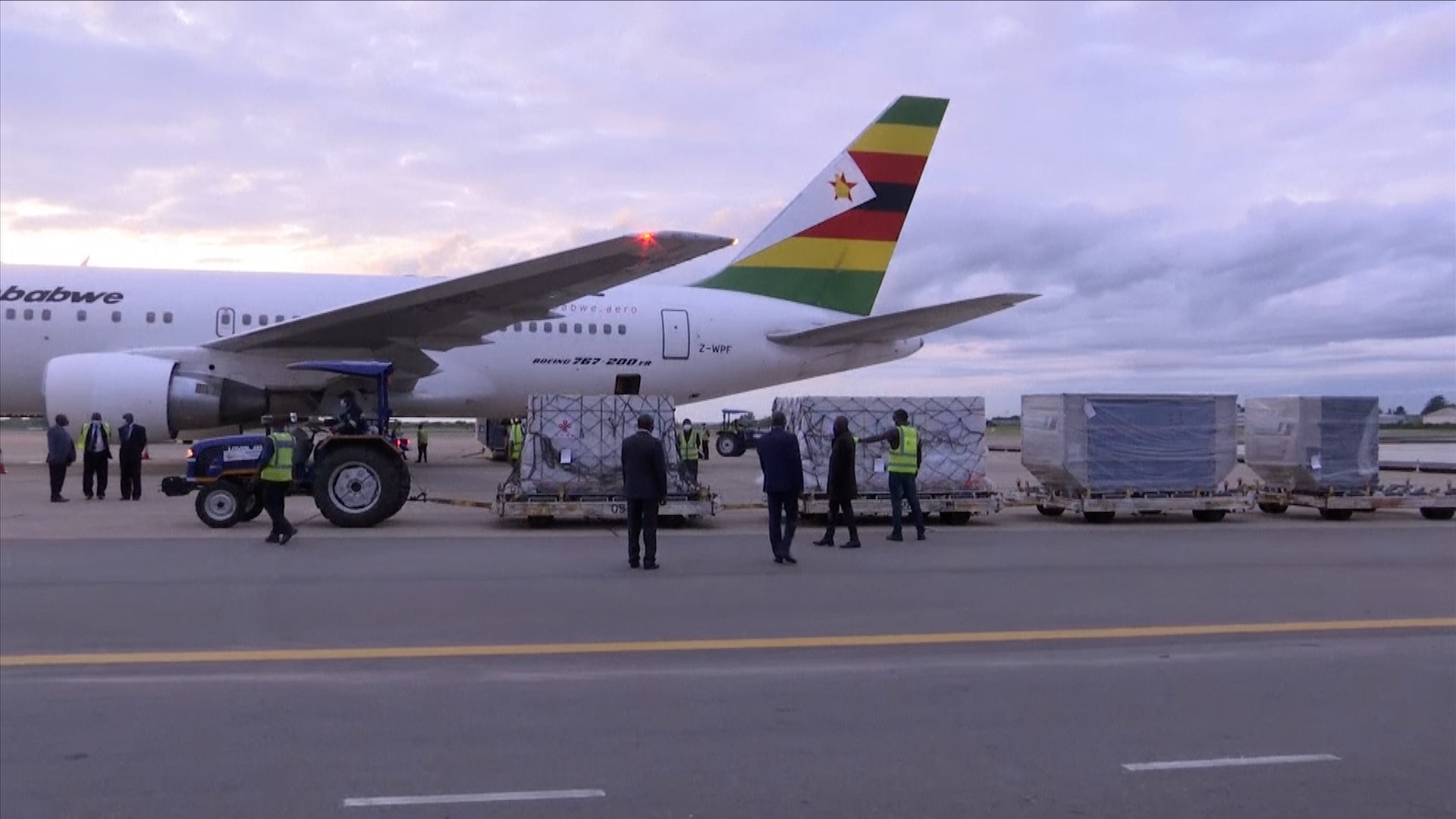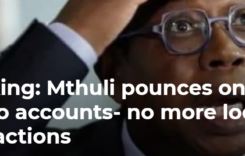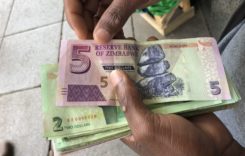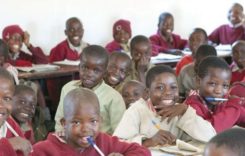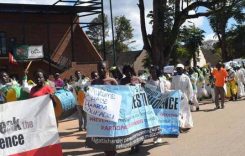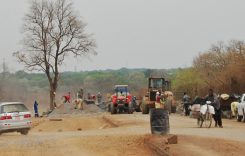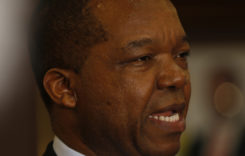CLAIM: The admission by a senior Chinese health official that the country’s vaccines have low efficacy has prompted a World Health Organisation (WHO) probe.
Source: NewsDay article – “Chinese jabs under probe – WHO”
VERDICT: Incorrect. The World Health Organisation is not investigating China’s vaccines after the official’s reported admission, which has since been refuted. Two Chinese vaccines, CoronaVac by private biotechnology firm Sinovac and Sinopharm produced by the Beijing Bio-Institute of Biological Products, are currently at advanced assessment stages by the WHO in terms of its emergency use listing procedures. All candidate vaccines go through this process, which does not constitute a ‘probe’ as the article sought to portray.
What happened?
On April 12, Gao Fu, head of China’s Centres for Disease Control (CDC), was quoted in several media reports, including the BBC, as having “admitted that local (Chinese) vaccines do not have high protection rates” against the virus causing COVID-19.
Gao has since charged that his comments were “a complete misunderstanding.”
“The protection rates of all vaccines in the world are sometimes high, and sometimes low. How to improve their efficacy is a question that needs to be considered by scientists around the world,” Gao said.
“In this regard, I suggest that we can consider adjusting the vaccination process, such as the number of doses and intervals and adopting sequential vaccination with different types of vaccines.”
On April 13, NewsDay reported on the implications of Gao’s remarks on Zimbabwe’s COVID-19 vaccination programme as the country was using two Chinese-made vaccines.
“The success of Zimbabwe’s mass vaccination programme is under scrutiny after a senior Chinese official made a rare admission that its COVID-19 vaccines being administered in the country have a lower efficacy rate than previously thought, prompting the World Health Organisation (WHO) to launch a probe,” NewsDay wrote.
The newspaper went on to quote WHO country representative Alex Gasasira as saying experts were already in China to study the Sinovac and Sinopharm COVID-19 vaccines.
“Those are still undergoing evaluations by WHO, and until the experts give a comprehensive report there is not much that we can say. Experts from WHO have been sent to China for the assessment,” Gasasira is quoted saying.
WHO Evaluation
The WHO evaluation which Gasasira referred to is a mandatory procedure for all candidate vaccines, which was first developed in response to the ebola outbreak of 2014-16. The evaluation was not prompted by Gao’s comments. The WHO has not announced any mission to China for that purpose.
WHO, through its Department of Regulation and Prequalification (RPQ), undertakes the emergency use listing process to guide United Nations agencies and member states on the acceptability, for purchase and use, of vaccines.
The assessment is meant to provide assurance that candidate vaccines meet the WHO standards on quality, safety and efficacy.
On March 13, the Strategic Advisory Group of Experts (SAGE), which advises the WHO on vaccines, announced that Sinopharm and Sinovac had presented data indicating levels of efficacy compatible with WHO requirements.
To date, four vaccine candidates have received WHO emergency use approval, out of 19 within the global health watchdog’s evaluation framework. These are Pfizer-BioNTech, Johnson & Johnson and two versions of the AstraZeneca vaccine.
According to a WHO schedule, emergency use approvals could be granted to Sinovac, Sinopharm and Moderna by the end of April 2021.
All these vaccines are currently being administered after they received approvals in the various countries.
For instance, while the Moderna vaccine is still under WHO assessment, the US Food and Drug Administration (FDA) approved its use in December 2020.
CONCLUSION:
NewsDay’s reporting that a Chinese official’s “admission” of low efficacy has triggered a WHO investigation into Chinese vaccines is erroneous as it is based on a disputed interpretation of what he said. The article is also based on a misreading of the global health watchdog’s mandatory vaccine evaluation process, which was already underway long before the contested “admission” was made.
Do you want to use our content? Click Here


